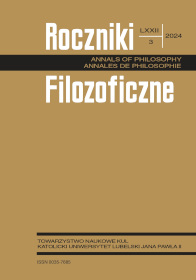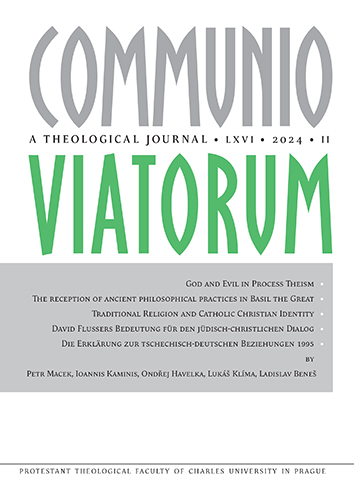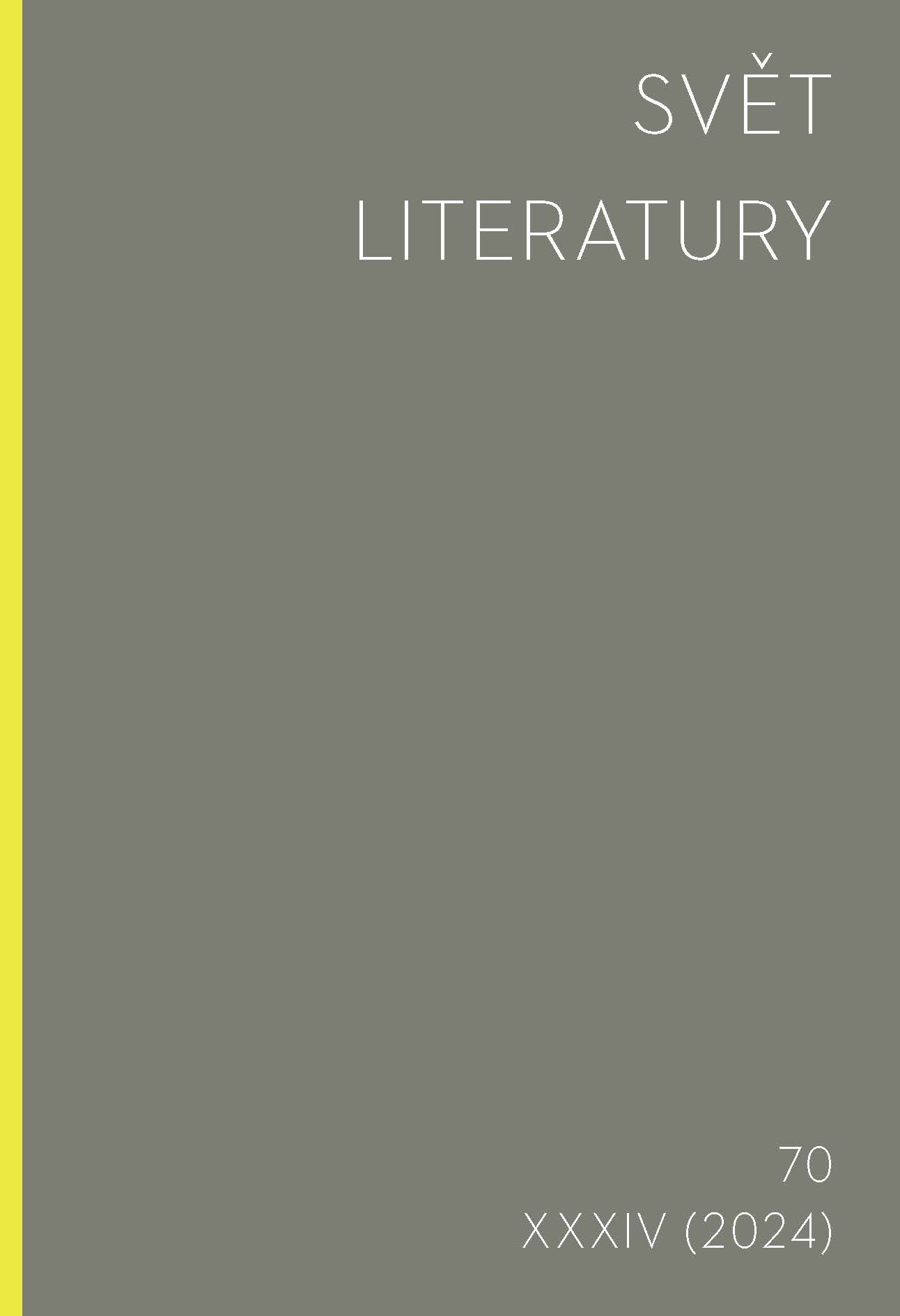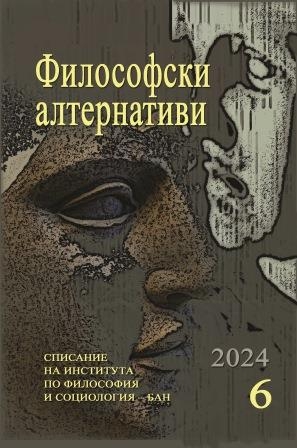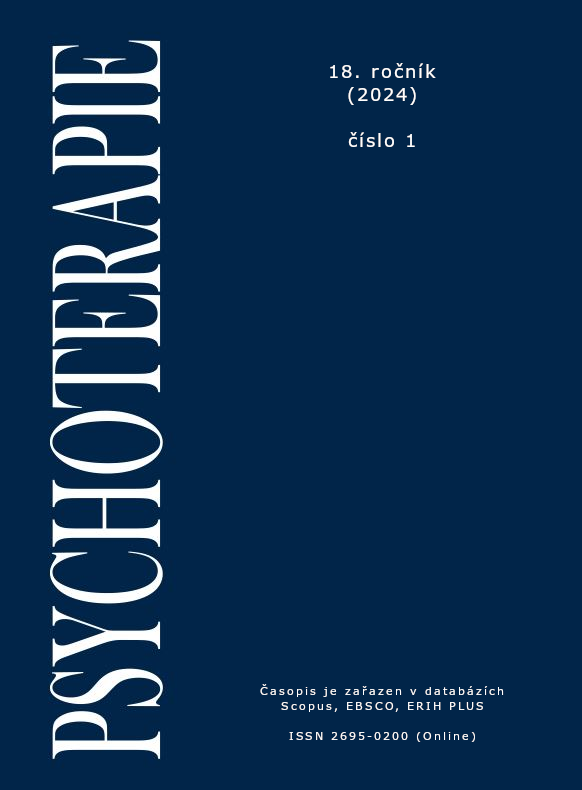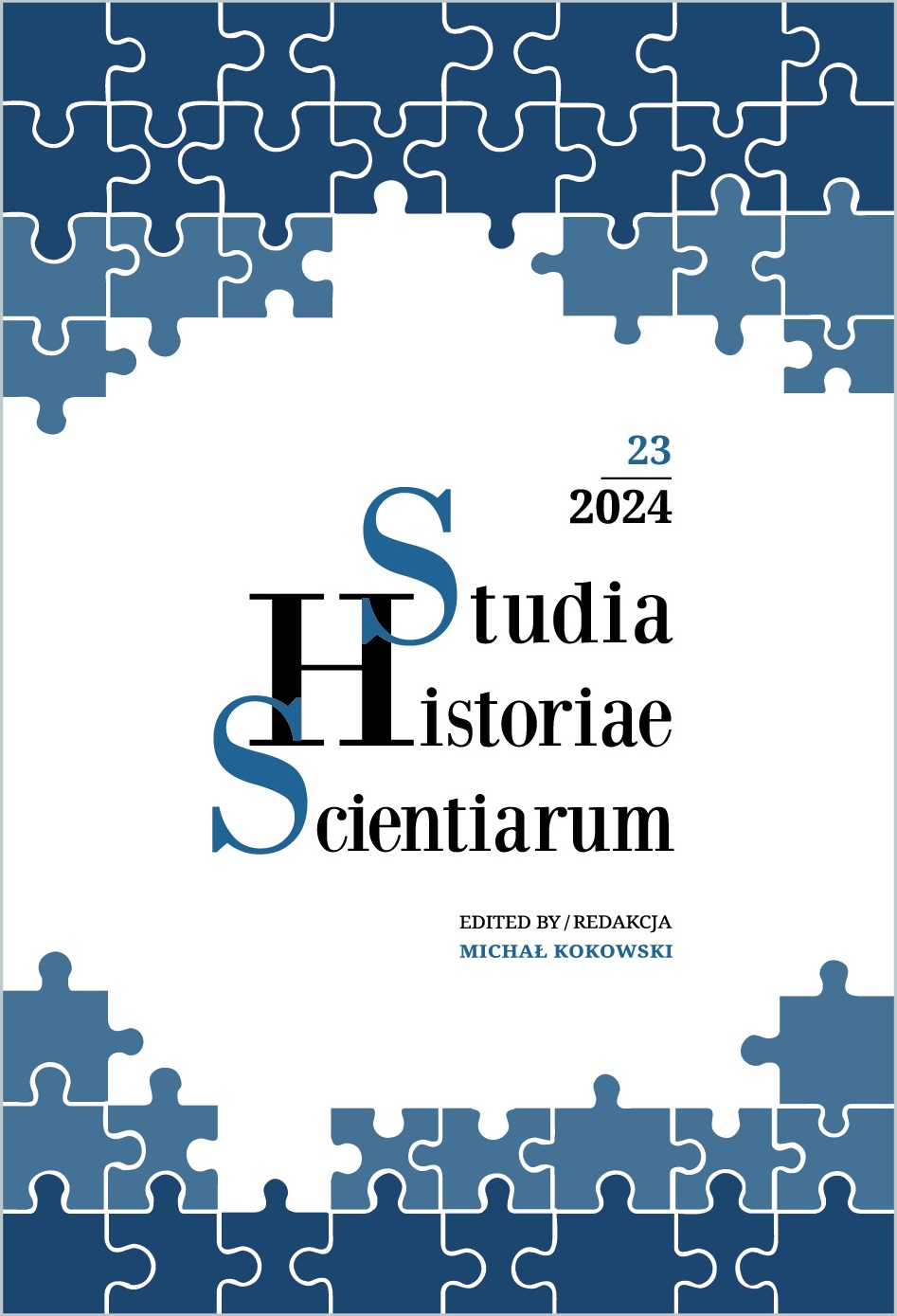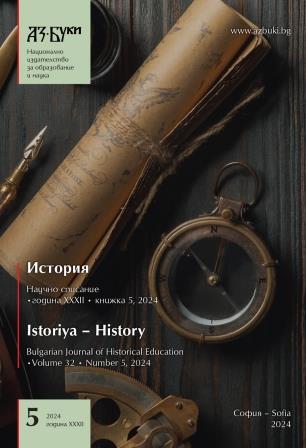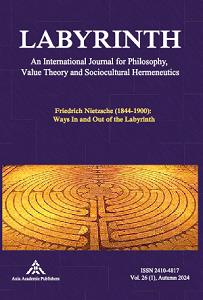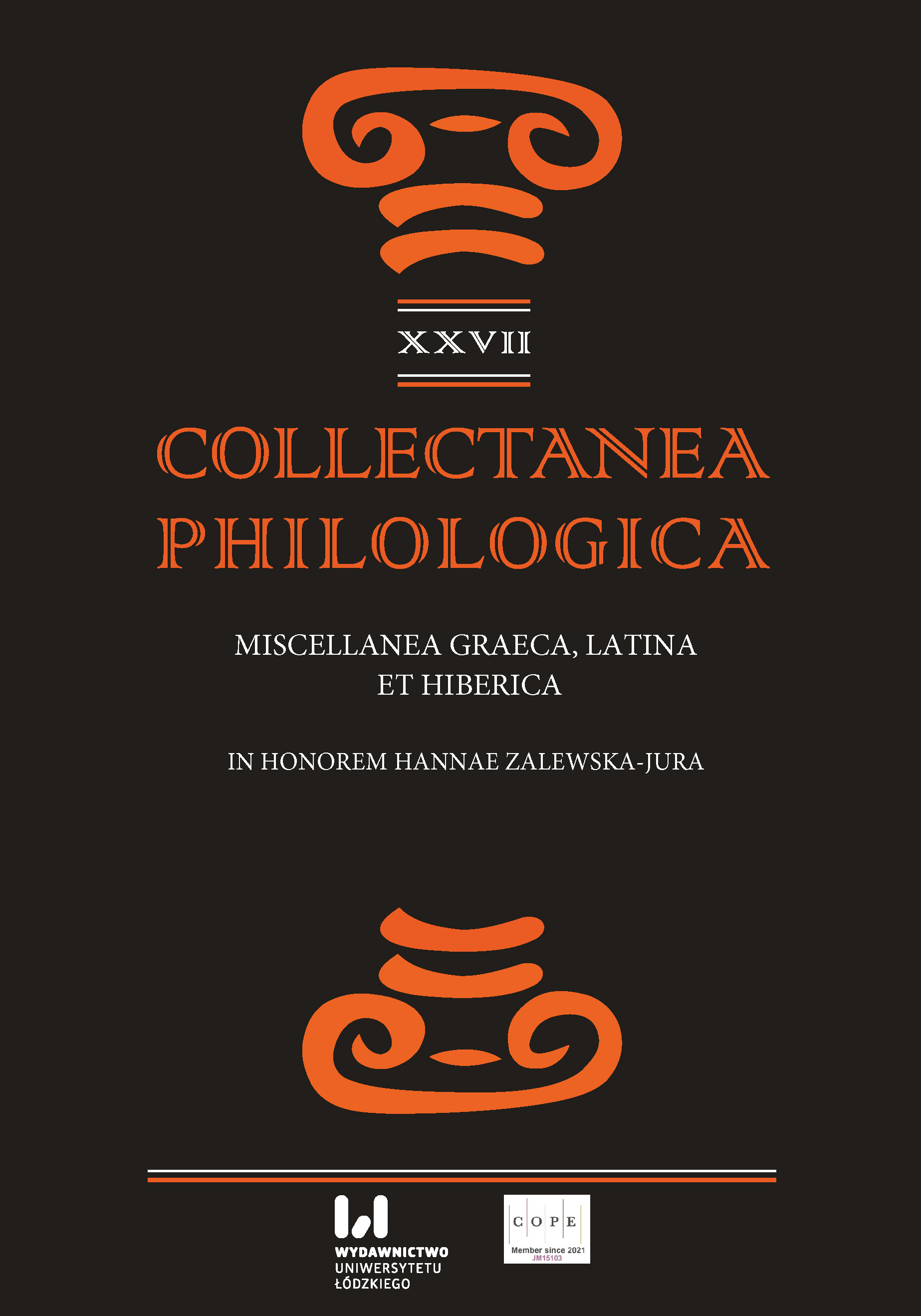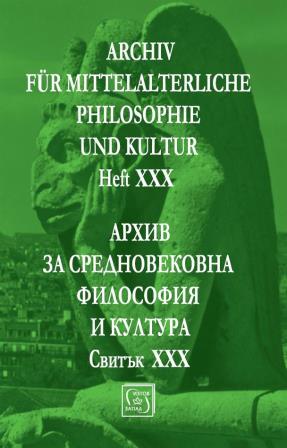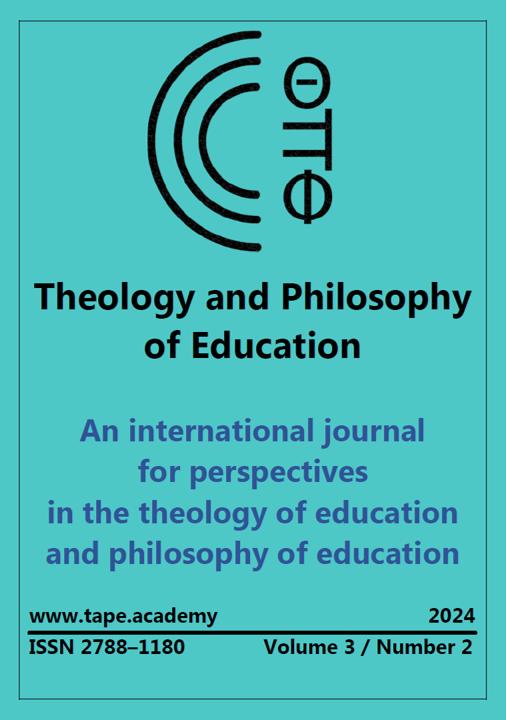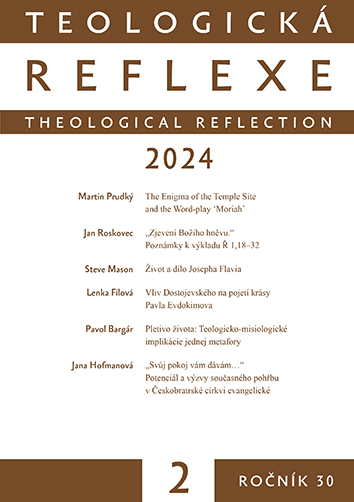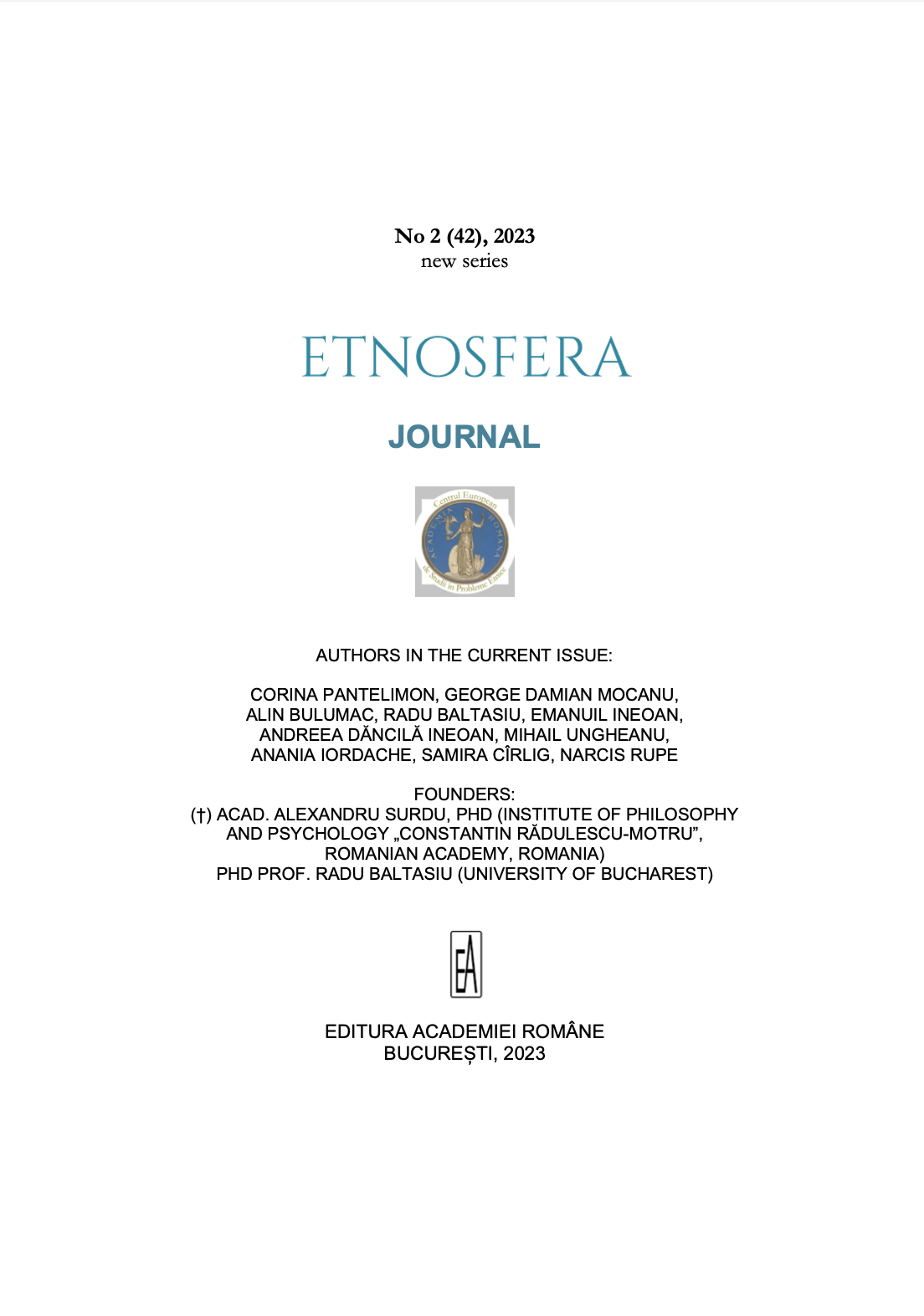
The technocratic deformation of society
In L’ilusion politique, the French sociologist Jacques Ellul describes the way the real of politicshad been transformed. Politics has become pervasive in society whereby everything becomespoliticized. On the other hand, politics in its proper function and sense disappears. It seems a paradox,but in reality, politics – like much everything else had been overtaken by the technical system, by theTechnique, instead of real political decisions, politicians make are technical ones. They seek onlyefficiency. By the same token, something else is lost freedom and humanity. The perspective of a fullytechnocratic governance has been already described by Bertrand Russell – who was convinced thatonly a global one-world technocracy can save the world – a description that is terrifying and that showsthe direction in which humanity is going these days.
More...
